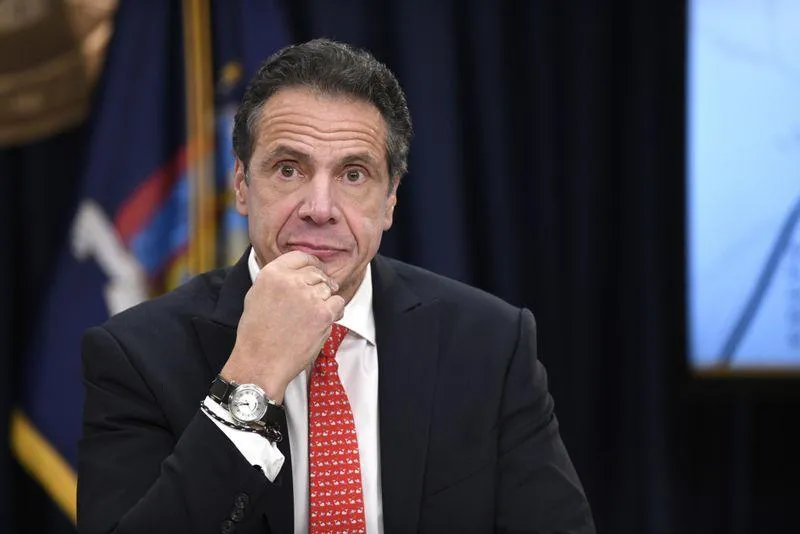Transit 'lockbox' law signed by Cuomo makes raiding subway funding more difficult

Hands off that transit money.
A new law in New York signed in the final days of 2018 will make it politically tough to pilfer money intended for transit across the state to use elsewhere the budget.
The law aims to stop taxes and fees meant to fund transit from sloshing around the state budget. It would require a new statute to authorize the diversion of transit money, along with a memo from the state budget director that details how much money is being taken away, in the form of a monthly transit fares, and how riders and service will change as a result.
Gov. Cuomo’s signature on a so-called “lockbox” bill was a last-minute holiday gift to transit advocacy and government reform groups that have pushed this bill for years. The law is a turnabout for Cuomo, who vetoed it in 2013.
“Transit funding raids hurt subway and bus service, undermine public confidence that future transit funding will be spent only on transit, and generally reduce trust in government,” said John Kaehny, director of reform group, Reinvent Albany, which organized 50 groups to support the “lockbox” bill. “When the state takes money away from transit, it weakens those services and riders’ trust.”
The “lockbox” effort got crucial support from a panel of reps for the governor, mayor and lawmakers tasked with studying the Metropolitan Transportation Authority’s finances.
“This was a key recommendation of the Metropolitan Transportation Sustainability Advisory Workgroup,” said the group’s chair, Kathryn Wylde, president of the business group, the Partnership for New York City.
The state’s transit money grabs — totaling $391 million between 2011 and 2015 — became a political issue as Cuomo sought more city money for the MTA from Mayor de Blasio.
One particularly strange money transfer exposed by the Daily News involved the MTA paying nearly $5 million for upstate ski resorts that suffered from a warm winter in 2016.
“The governor should not be able to ‘sweep’ monies dedicated for our subways and buses, and use them in other ways,” State Sen. Martin Golden, who sponsored the bipartisan bill, said shortly before giving up a seat he lost in the November elections. “This bill stops this shortsighted practice, and ensures that we have the funding needed to bring the MTA transportation system up to speed.”
Cuomo spokesman Patrick Muncie touted the “unparalleled investments” in the MTA, including an $8 billion commitment to its capital plan.
“By signing this bill, we can focus on the important priorities ahead including passing full congestion pricing to bring lasting relief to riders,” Muncie said.
